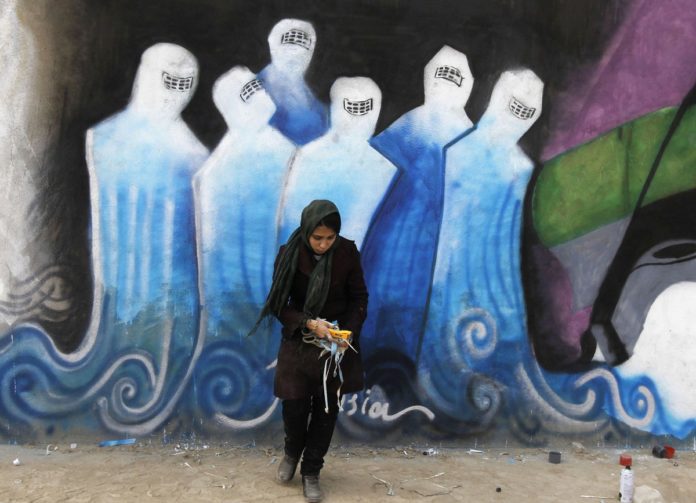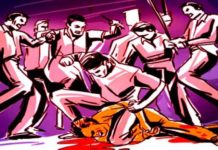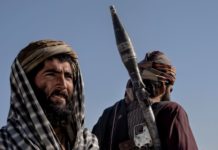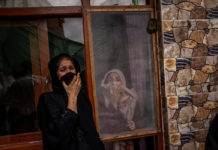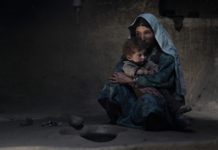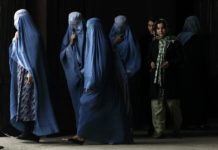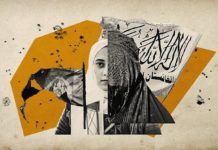‘Every knock at the door sinks my heart. I feel they have come to kill me’
(first posted Aug 20)
(The daily Jeddojehad , a leftwing online Urdu-language paper is posting reports from Kabul. Filed by Yasmeen Afghan , these reports depict picture from inside Kabul and cover what is often ignored in the mainstream. For a wider translation, these reports are translated to English. Here is link to the daily jeddojehad
One of the biggest achievements of Afghanistan during the past 20 years was the proliferation of media outlets and the strengthening of freedom of expression. Afghanistan has one of the best media laws in the region.
The television channels in Afghanistan were producing satires against the government and one of the programs, “Shabak-e-Khanda” had audiences stop all other chores to watch it. Despite announcing amnesty to everyone, the Taliban have started attacking local journalists and camerapersons.
Hasiba Atakpal, reporter for a local television, tweeted, “After Zabiullah Mujahid’s conference, I was hopeful, however, now it’s clear that there is a gap between action and words. Today, the Taliban hit my colleague and fired in the air.”
Since 2001, the Taliban have been involved in killing journalists and members of the media in Afghanistan. Zabiullah Mujahid in his first interaction with Afghan media, was sitting in the very spot where Dawa Khan Menapal, the head of the Afghan government’s media and information center, used to sit. Menapal was killed by the Taliban on 6th August 2021 and Zabillah Mujahid had himself claimed responsibility for the assassination.
Marzia (not her real name) “It’s ironic that the guy who claimed responsibility for the killing of the head of media and information is now sitting in his place. All I can ask is, where is Afghanistan going?”
Over the past few days, local journalists living in Kabul have started to tweet less and less as there is a high concern that the Taliban will take revenge. The twitter handles that I personally follow have either not tweeted since the pasty 3-4 days, or their accounts do not exist anymore. Many journalists have gone into hiding, and while some have emerged in the public, most are trying to keep a low profile.
One of the local journalists who didn’t want her name to be disclosed, stated, “Every knock at the door sinks my heart. I feel they have come to kill me.”
She adds further, “Afghanistan has been destroyed. The future is bleak and dark. There is no hope for the future.”
The Afghan media is at the receiving end of the Taliban. They have become a soft target. They have been beaten and humiliated for covering the news and this has created an atmosphere of fear among them. A local media outlet has stated that the Taliban have beaten journalists in Kabul for covering the demonstrations and celebrations on Afghanistan’s Independence Day.
Another local journalist who didn’t want to be named, said, “How can we trust them? This is just the start of their ‘film’, I am sure the end will be dire for us all free and fair journalists.”


